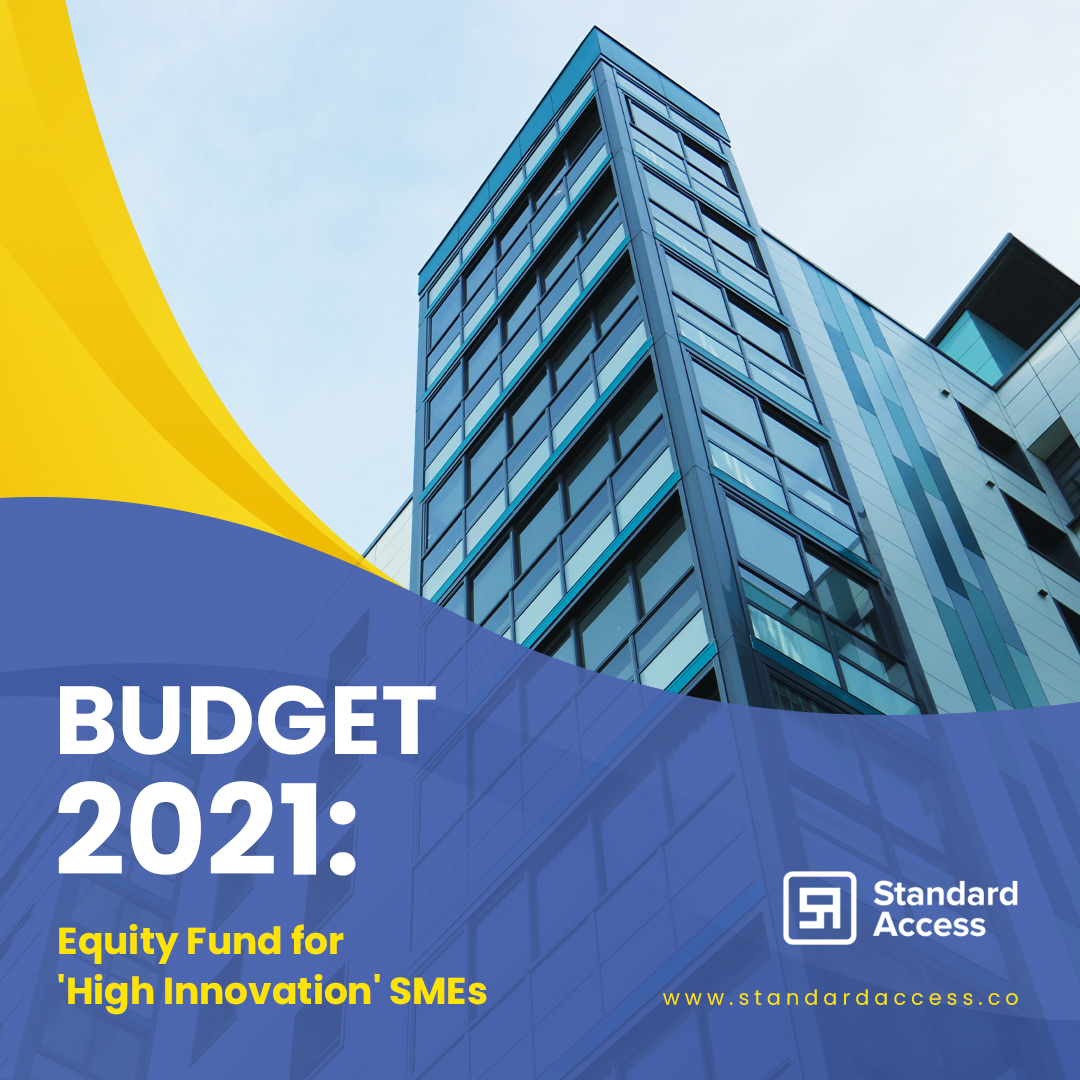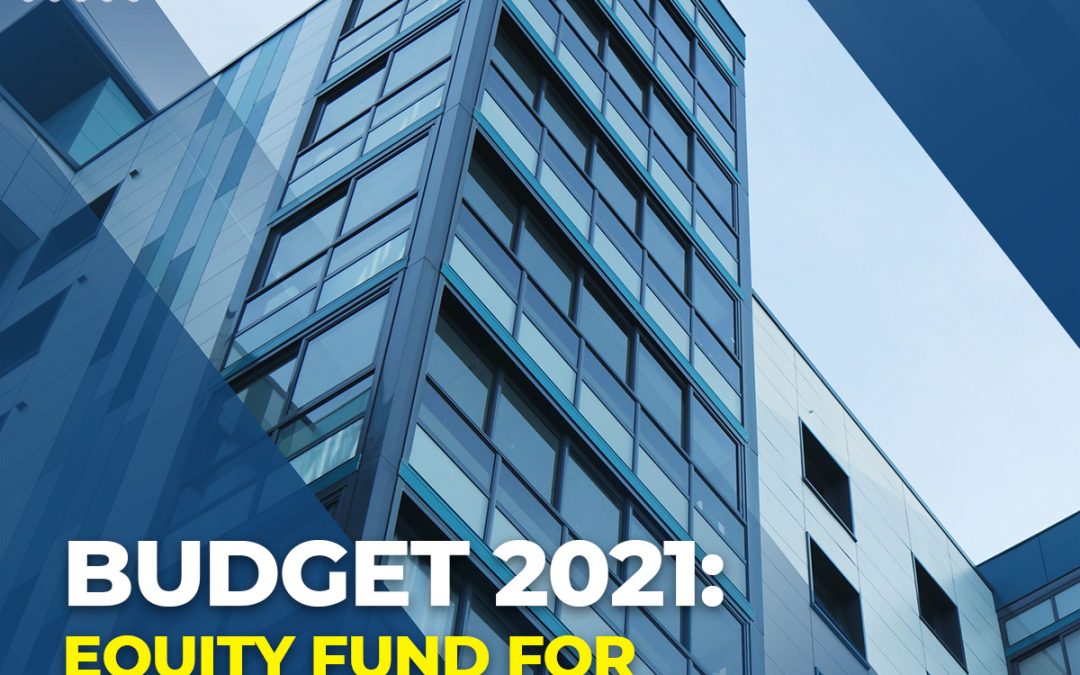Budget 2021 was a somewhat muted affair. The ongoing pandemic and looming Brexit meant that Ireland’s national Budget Day on Tuesday received less attention, lobbying and political ‘kite flying’ in the run up to the announcements than is usual.
Silicon Republic breaks down the main points of interest for Irish startups and SMEs of this €17 billion national plan, from reduced VAT rates to the €3.4 billion recovery fund. Brexit-ready initiatives include €8m to undertake new market surveillance and certification, €15m to support businesses as they respond to changes to customs and tariffs, €11 million for Local Enterprise Offices and €675,000 for InterTrade Ireland to provide practical help to businesses trading cross-border. In response to the pandemic, the Government announced €39 million for low-cost business loans, €30 million for applied research in the pharmaceutical and healthcare industry, and €10 million to help businesses move online with the Online Retail Scheme.
A further €10 million will be made available for IDA Ireland to develop advanced factories and industrial estates for companies seeking to invest in Ireland, especially outside of Dublin, with €30 million for initiatives to create jobs in every region of the country. €3 million has been ring fenced for a network of digital hubs to help SMEs modernise and stay connected, supporting the shift to remote working. While the working from home allowance will remain at €3.20 per day, remote workers can now include the cost of broadband in their applications for rebates, as well as heating and electricity costs. You can read further details here: Government reveals ‘pro-business’ Budget 2021 package https://www.siliconrepublic.com/companies/budget-2021-ireland-investment-business-smes
One of the key changes lobbied for in advance of Budget 2021 involves the amendment of existing Enterprise and Investment Incentive (EII) legislation, which would encourage a culture of angel investing in Ireland similar to that in the United States. In fact, in a recent interview on long-form news site The Currency earlier this month, the founder of Elkstone, Alan Merriman, spoke about how his private equity firm can unlock close to €50 million to invest in Irish start-ups “if it can get one change made to the EIIS”, which will bring the scheme closer to other jurisdictions. You can read this interview in full here: ‘Why an Irish private equity firm wants movement on angel tax relief’ https://thecurrency.news/articles/25945/how-an-irish-private-equity-firm-wans-movement-on-tax-relief/
While no action was taken in this regard, the Budget announced “an assessment” of how the EIIS can be enhanced in light of the impact of the current crisis. In his Budget 2021: Startup Summary, investor and startup advocate Brian Caulfield summed it up well “… there is not much to report, but there is hope that an evaluation of the EIIS scheme and the soon to be published National Economic Plan may deliver results…”
One particularly welcome announcement was a change in capital gains tax, or CGT, for entrepreneurs who sell all, or part of their business, provided they have owned at least 5% of the shares for a continuous period of any three of the previous five years. This effectively means that entrepreneurs should find it easier to qualify for the Capital Gains Tax Entrepreneur Relief, which attracts a reduced rate of CGT of 10%.
Also, Knowledge Development Box relief has been extended for a further two years, until end December 2022, which protects intellectual property arising from research and development in Ireland. Finally, Budget 2021 announced an initial €30 million in funding through the Ireland Strategic Investment Fund (ISIF) to support “an appropriate and effective scheme” and thereby leverage matching funding for early stage seed and growth capital so it will be interesting to see if the impact of this will be felt amongst startups over the coming months.
As a founder, do I consider Budget 2021 to be ‘pro business’? Sure, but it doesn’t actually address the real issues that early stage businesses experience on the ground, for example, overly burdensome routes to State supports, procurement issues, access to public work tenders (innovation vs. project experience) and an investment ecosystem that appeals to international investors.
About Standard Access:
Established in 2014 by Damien Browne, Standard Access is a global leader in IoT solutions for smart building access and developer of the Sonic Handshake®, which is a revolutionary Data Over Sound technology to enable building and room access using an encrypted sound byte via app. www.standardaccess.co







